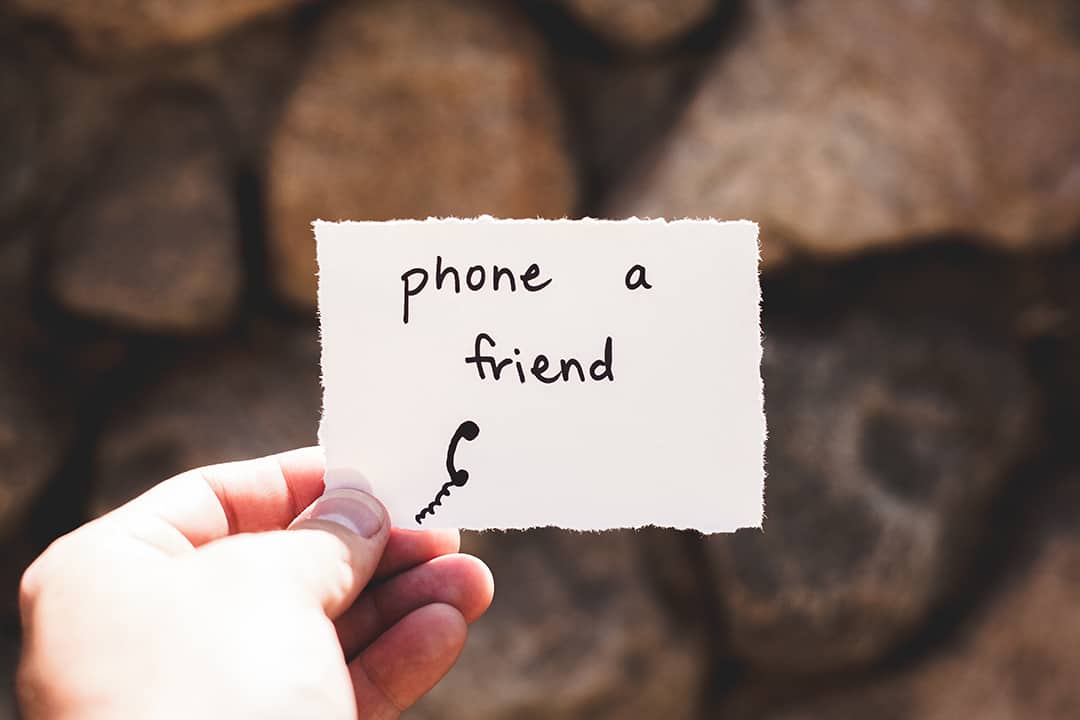Introducing the #TimetoTalk campaign and how we can make the most of it
#TimetoTalk. Falling on the 6th of February, it is a day in the mental health world everyone seems to be talking about. But what exactly is it and what is its purpose?
- WHAT? This is self explanatory in the sense that it is a day where a conversation on mental health is encouraged. The taboo associated around having a serious chat regarding mental health is still present, bringing feelings of shame or discomfort in many, both those sharing their story and to those they are sharing it to. Too often it is regarded as ‘the elephant in the room’, whereby discussing anything remotely close to the topic becomes awkward or contrived rather than relaxed and natural. With these encounters being far and few, #TimetoTalk becomes a day to promote these conversations.

- HOW? It could be as simple as using the opportunity to ask a fellow colleague who doesn’t seem quite like themselves, if they’re okay. Time to Talk has created some great resources for their campaign this year, using the game ‘Would you Rather?’ e.g. Would you rather miss a penalty OR speak to a teammate about mental health?
There are specific resource packs which can be used in a variety of settings, from schools to communities, leaving no stone unturned and no opportunity missed. Remember we don’t necessarily have to have the conversation face-to-face, a meaningful text reaching out to a friend can be just as effective. The point is that the conversation is initiated giving us the chance to leave a meaningful impact.

Top Tip: Sometimes rather than suddenly talking about it, it may be preferred to do an activity in order to naturally bond together e.g coffee/dinner date, trip to the park
- WHY? #TimetoTalk offers a chance to break down barriers especially with people who you are seemingly not close to. A common saying is ‘A problem shared is a problem halved’, although you cannot promise to ‘halve’ the problem, you can help to ensure the person is not facing them alone. Often, a chance to offload and release the heavy thoughts taking up room in a person’s mind has a cathartic effect. By the end of the exchange, the listener as well as the person talking, benefits greatly too.

Top tip: The person in question may not particularly want to open up to you but that’s okay, as long as you know they have someone else to turn to. It doesn’t necessarily have to be you.
- US? Time to Talk ties in with Inspirited Minds’ mission of raising awareness and reducing the stigma surrounding mental health. By having the appropriate conversation with our colleagues, family and friends, we can help combat this. Often, in particular cultures, it is seen as best to stay silent and passively endure our condition, especially if associated with mental health. However, this is where Inspirited Minds comes into play. We cater for those who feel they have no choice but to remain quiet and not seek help. We cater for those who feel they are not understood because of their faith or culture. We cater for those who are desperate for someone to just genuinely ask them how they are and to listen.
Did you know? A lot of the time, listening is enough. You are not expected to solve the problem or to offer a fix. Just lend your ear!

What are the best ways to bring up the conversation of mental health, or if this is something you struggle with – what particular aspect is a problem? Let us know by commenting here or on social media with our hashtags #MuslimsTalkTherapy #AMuslimMind




